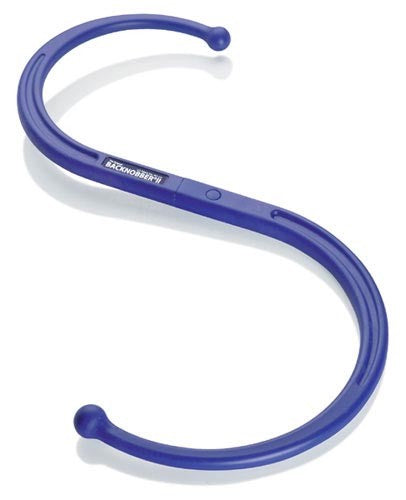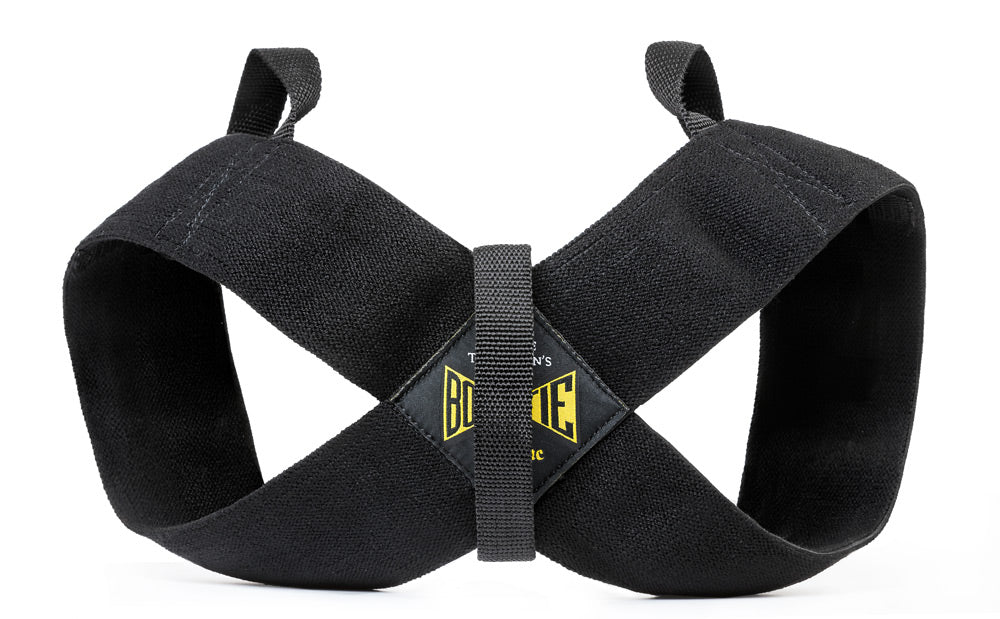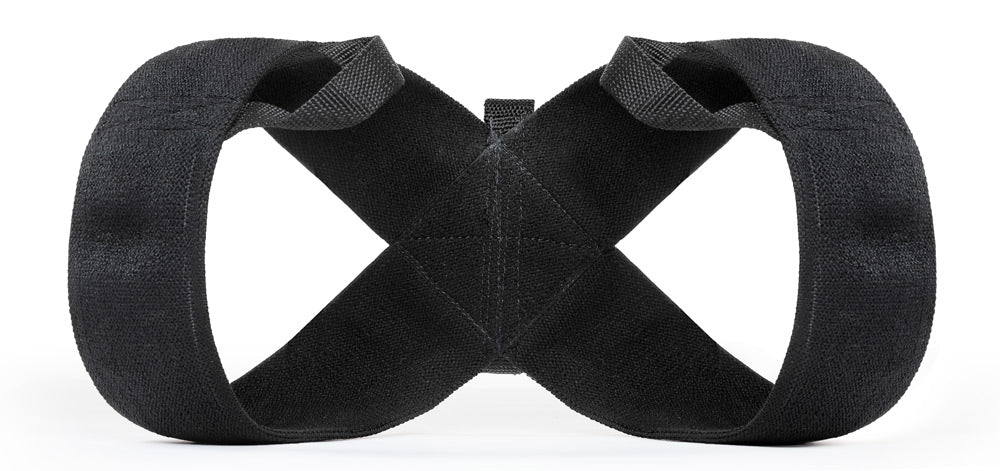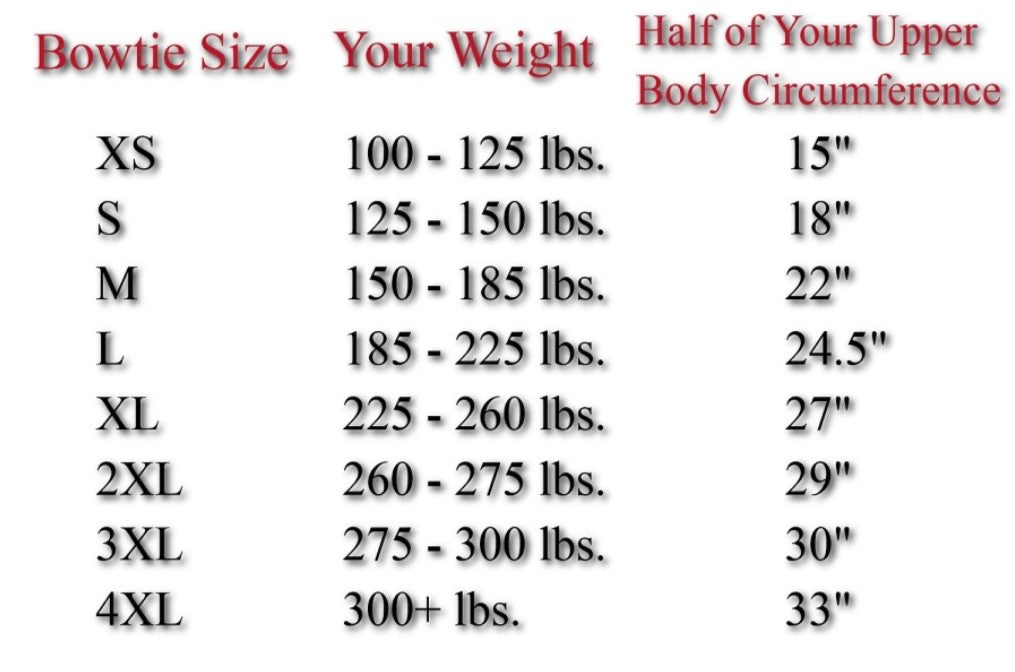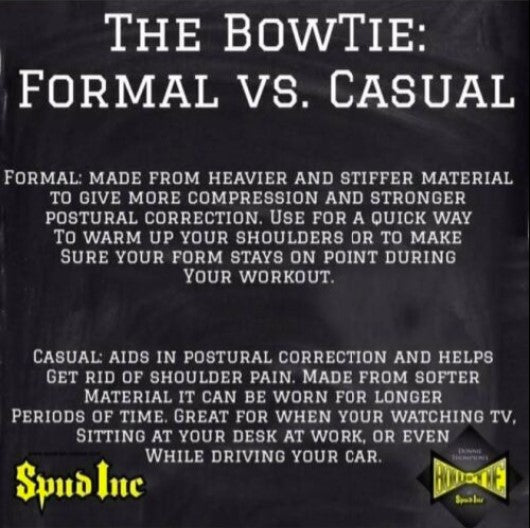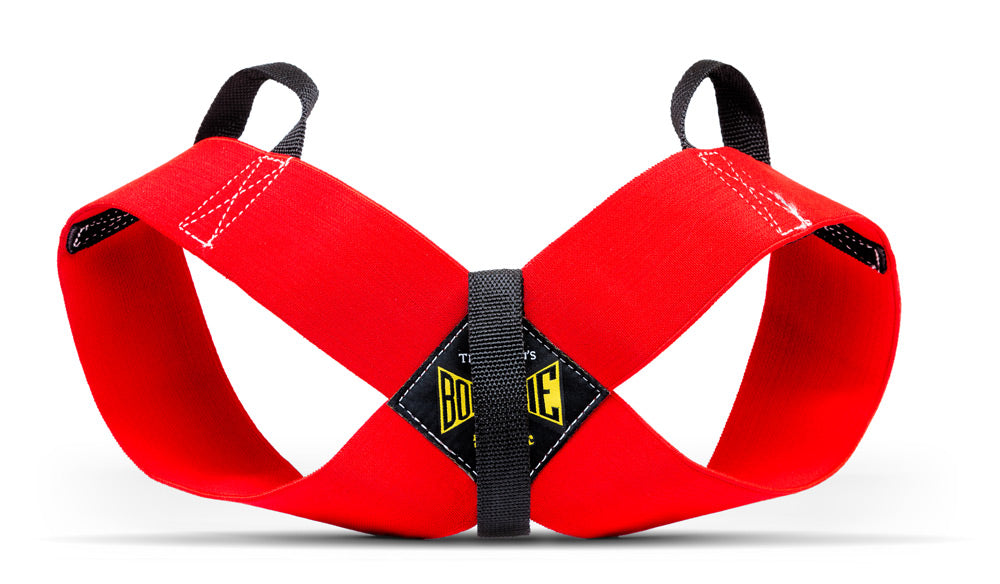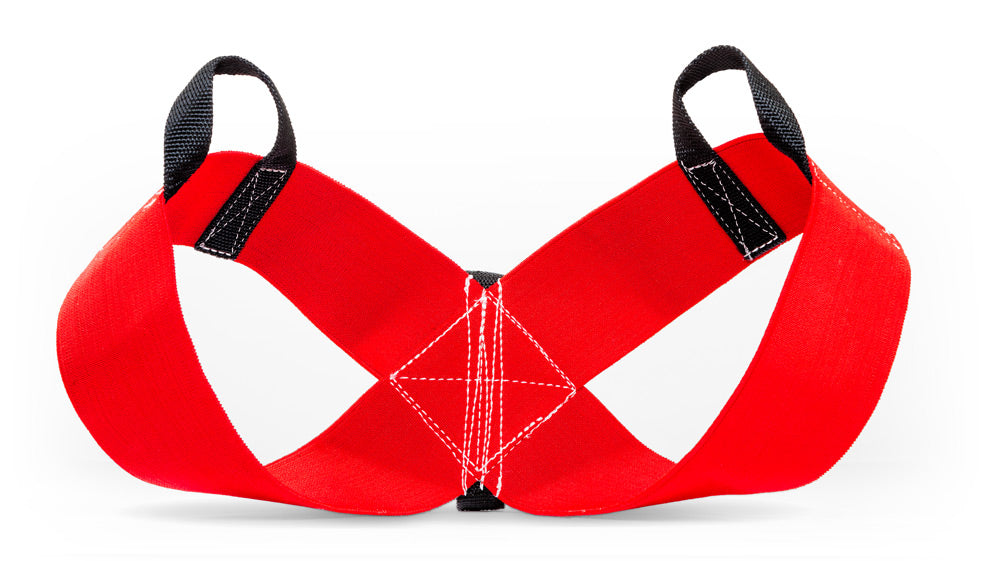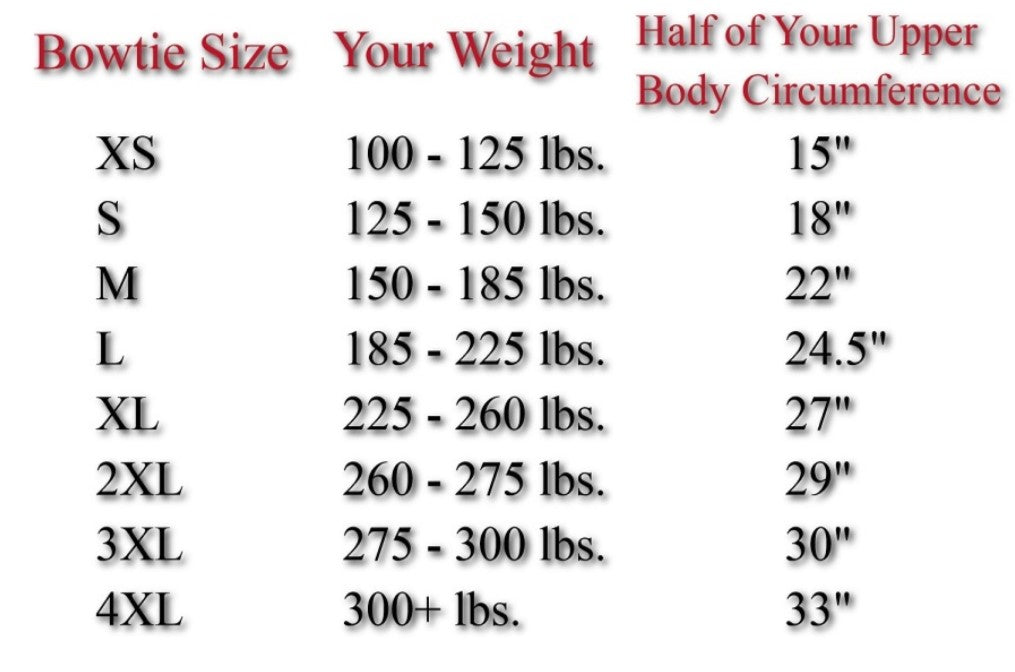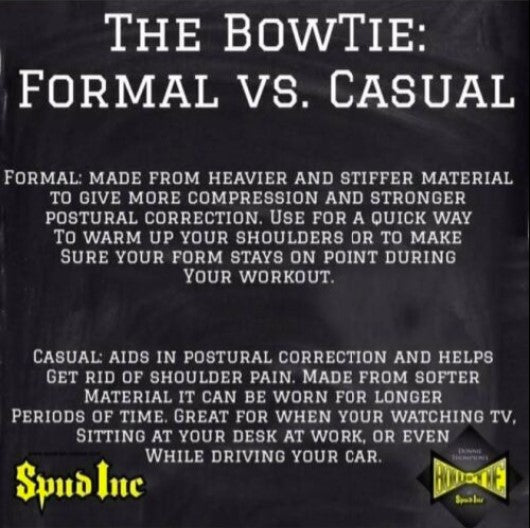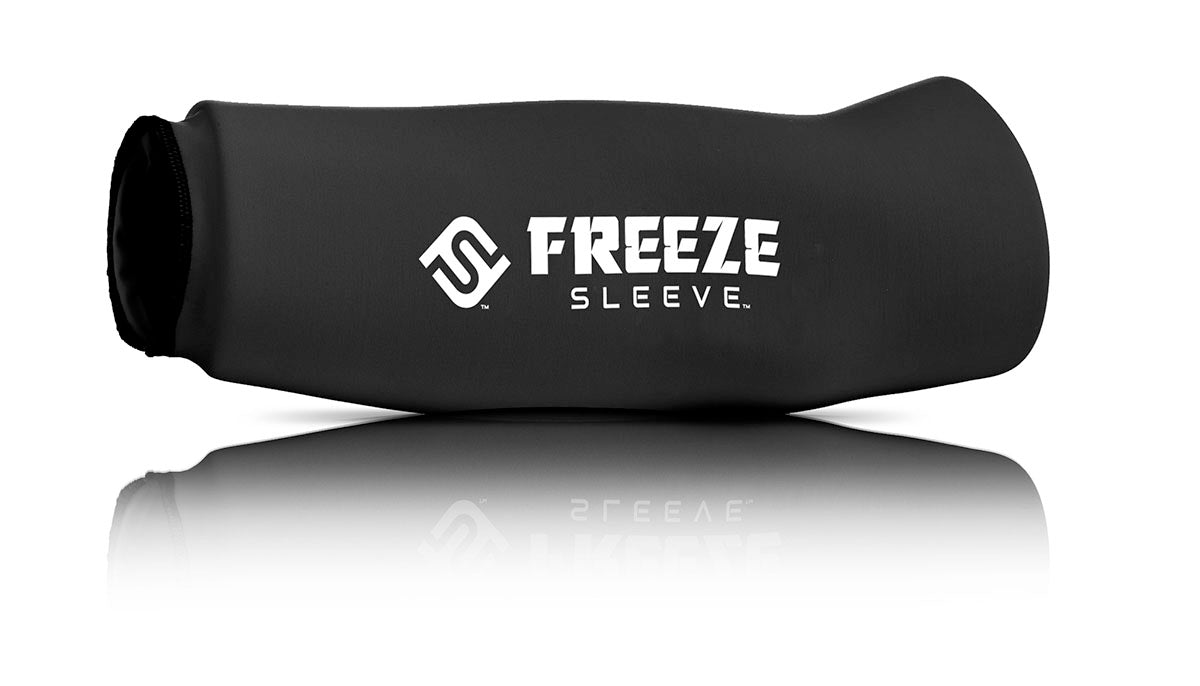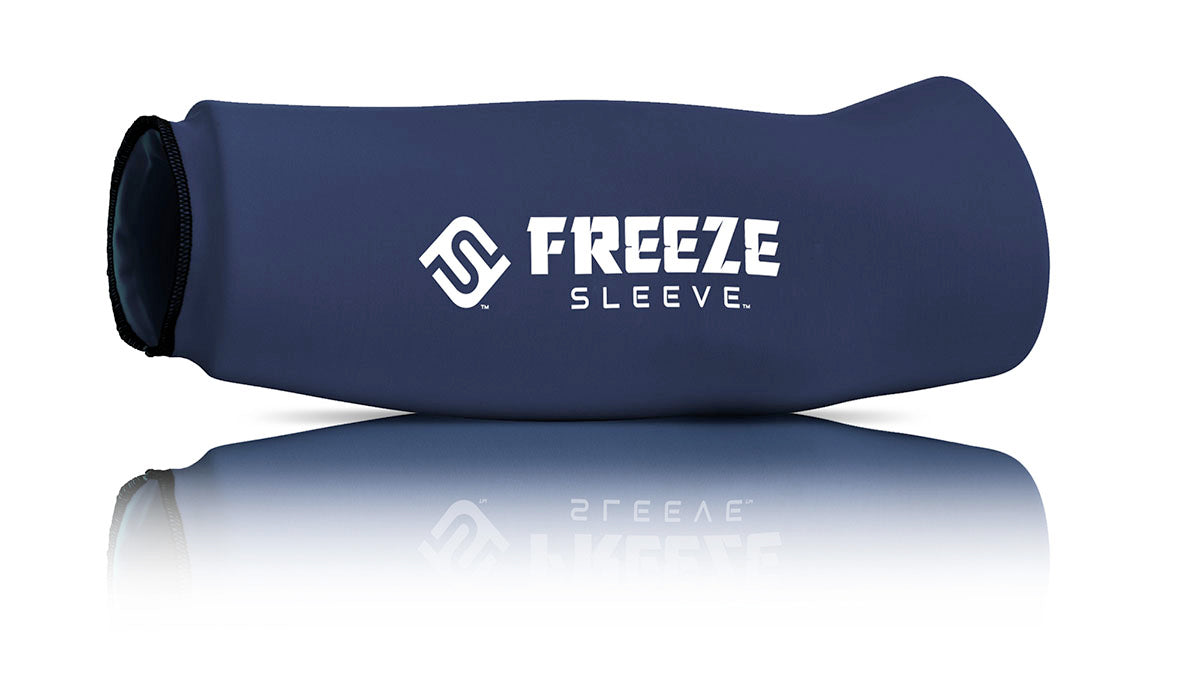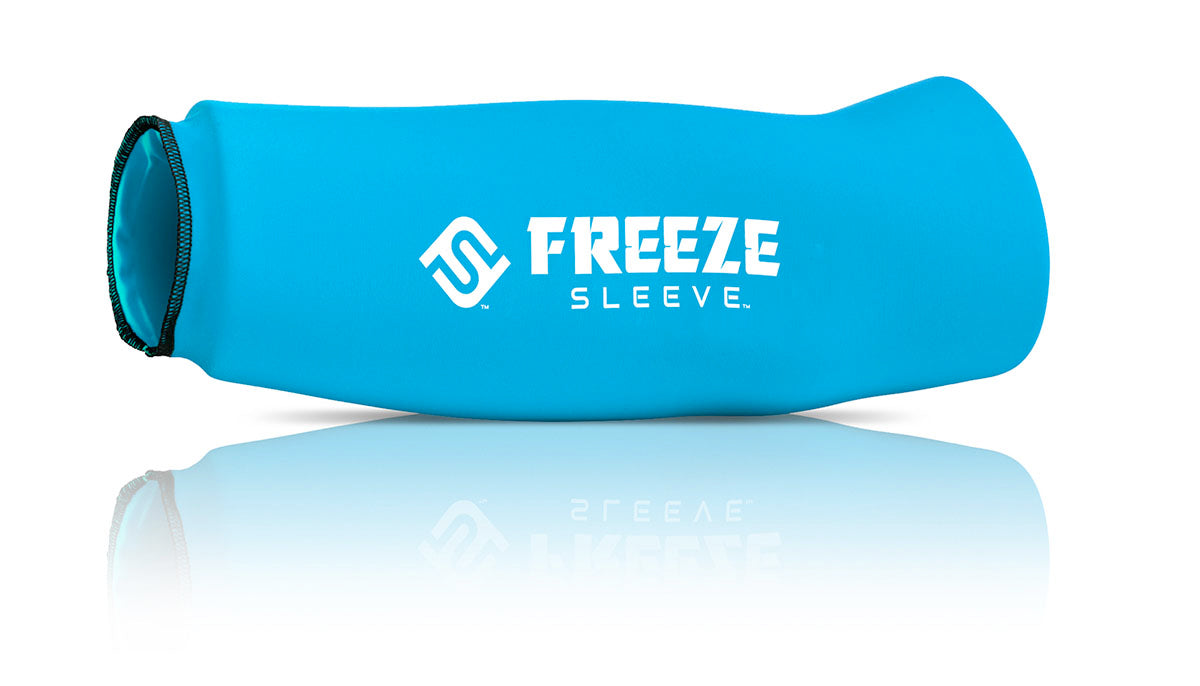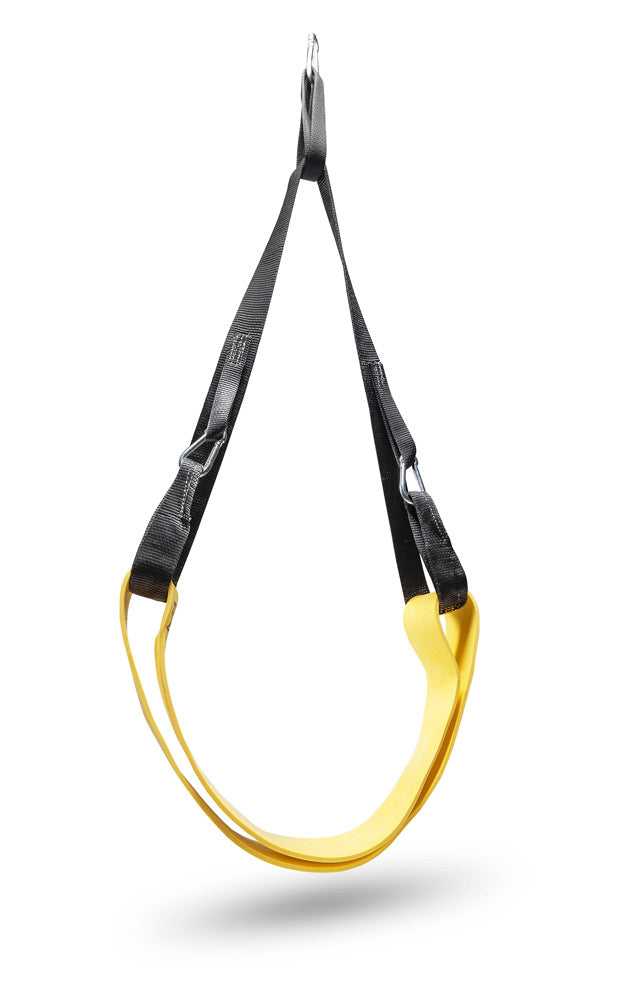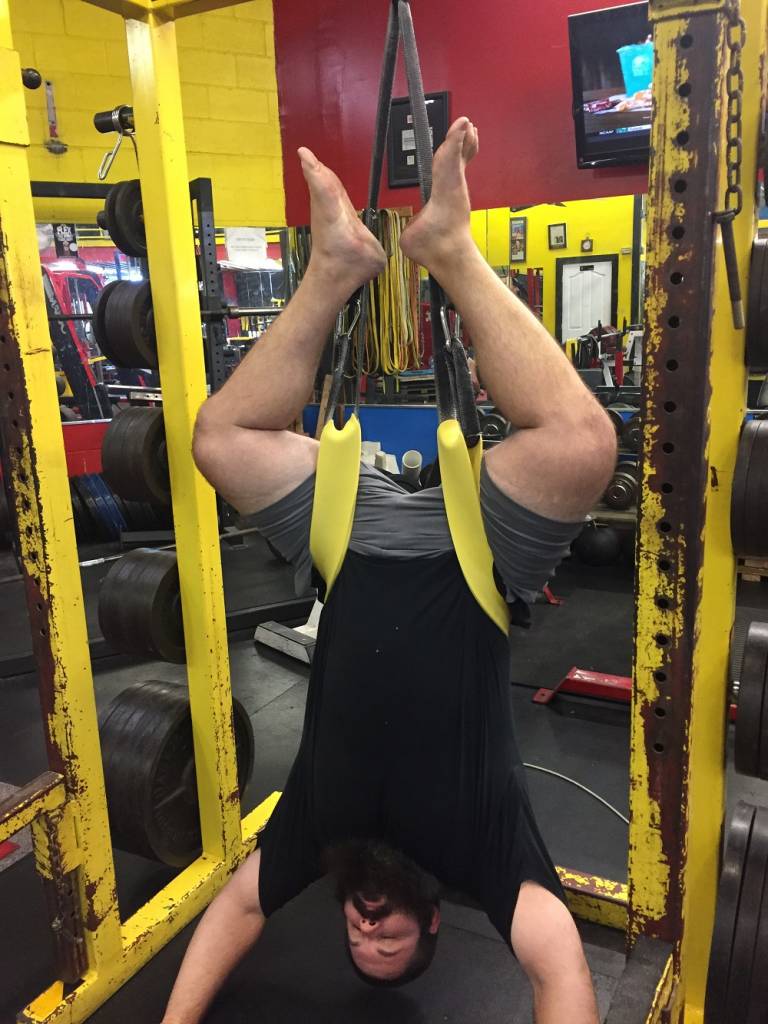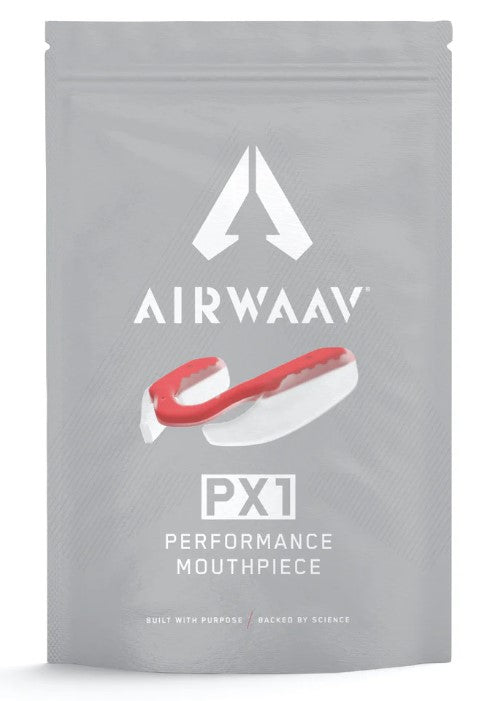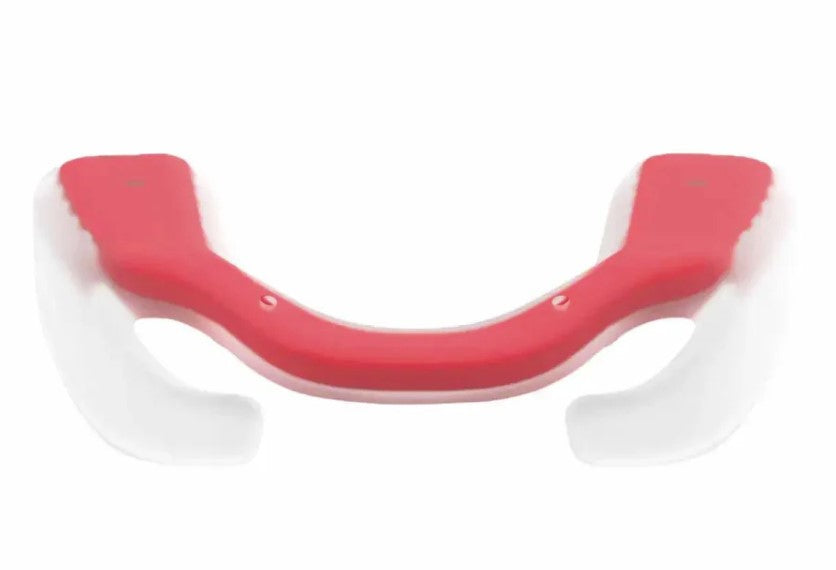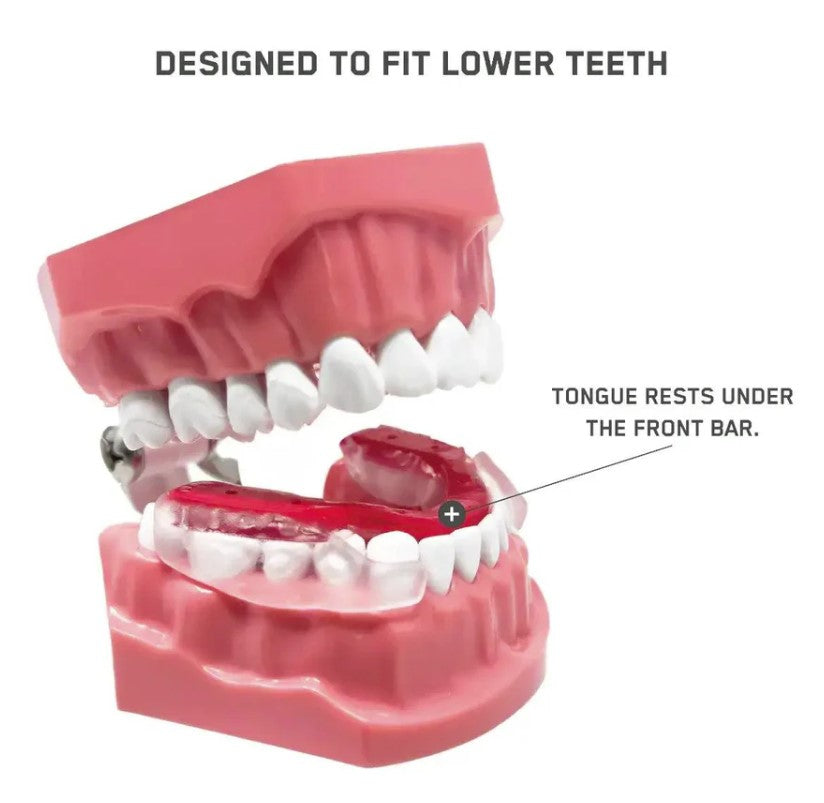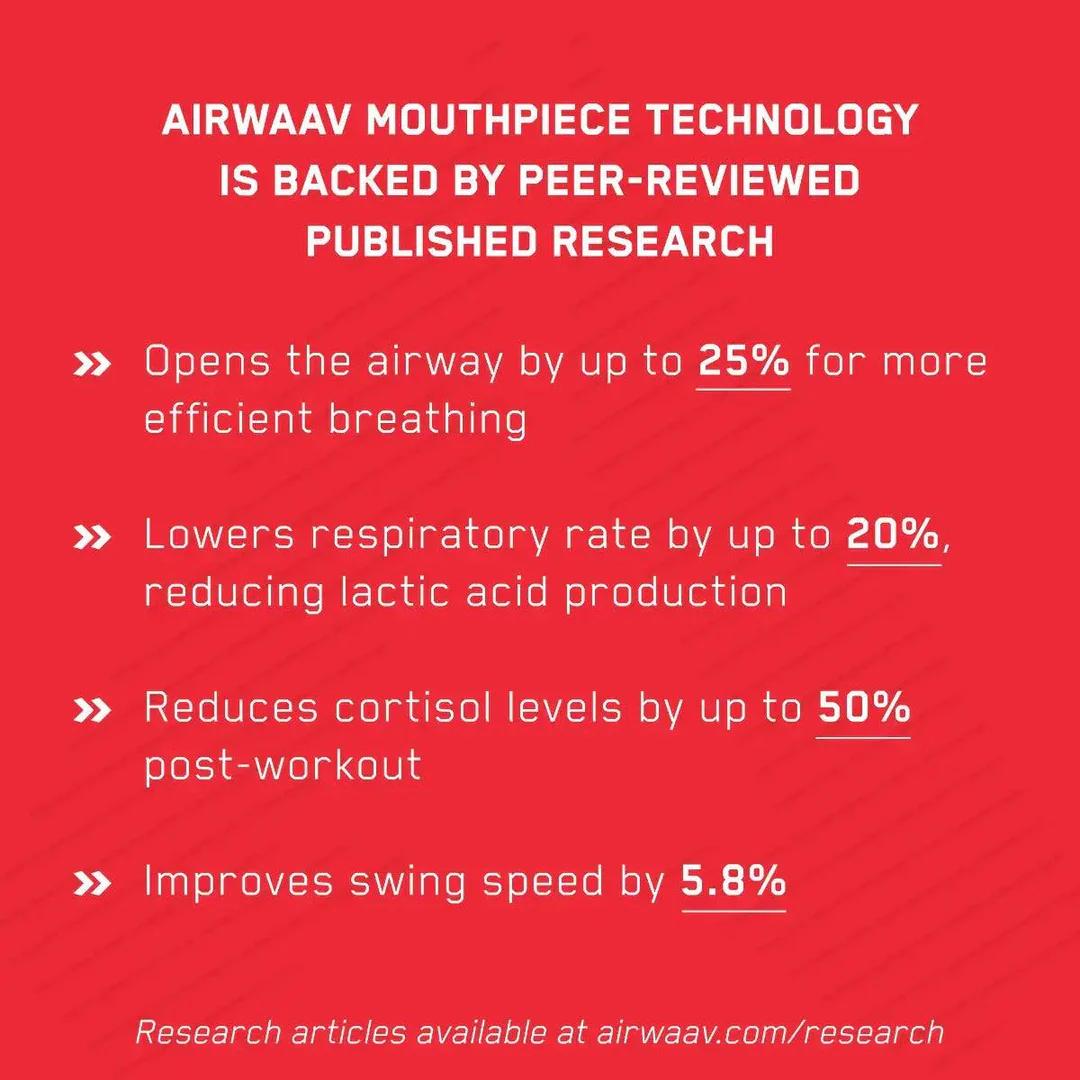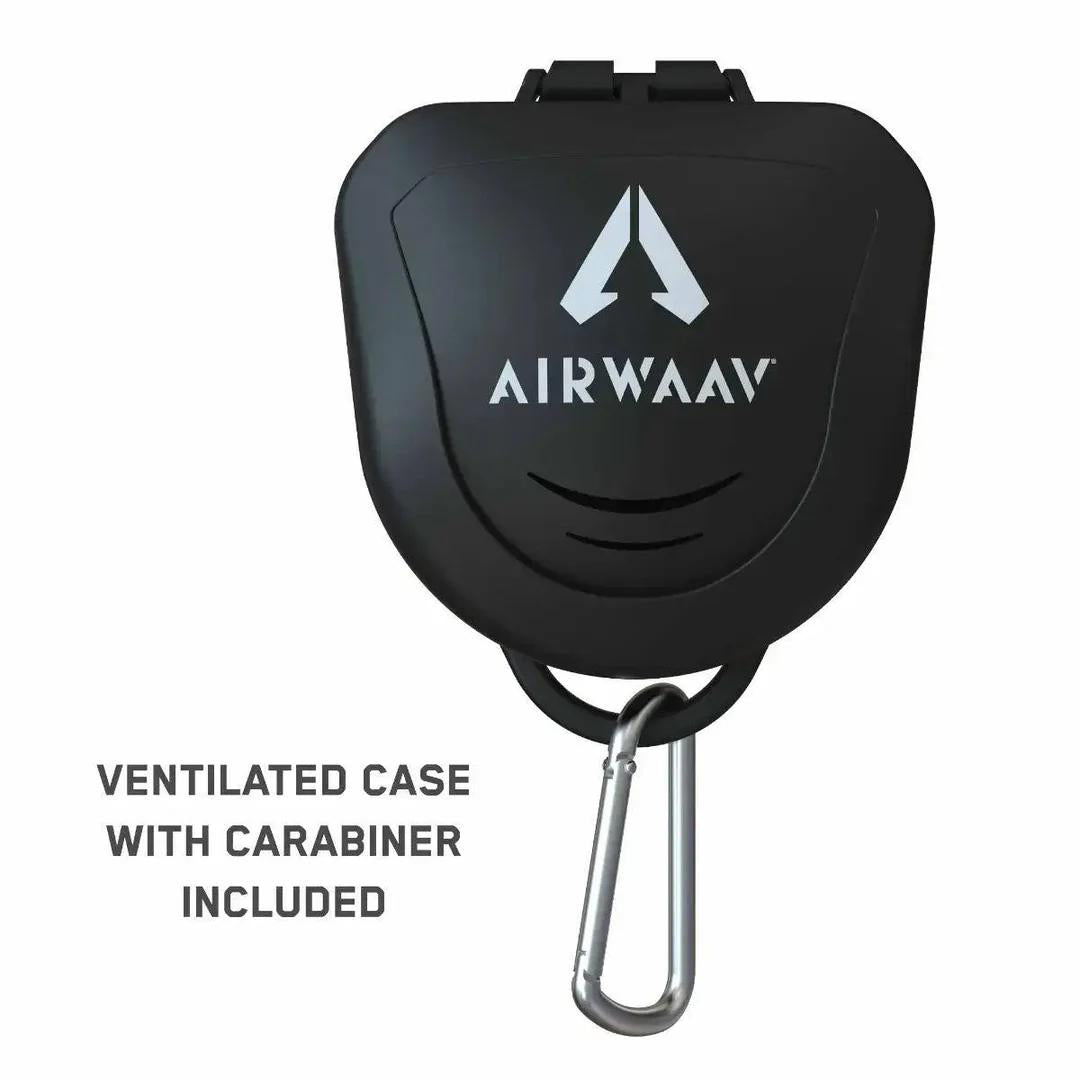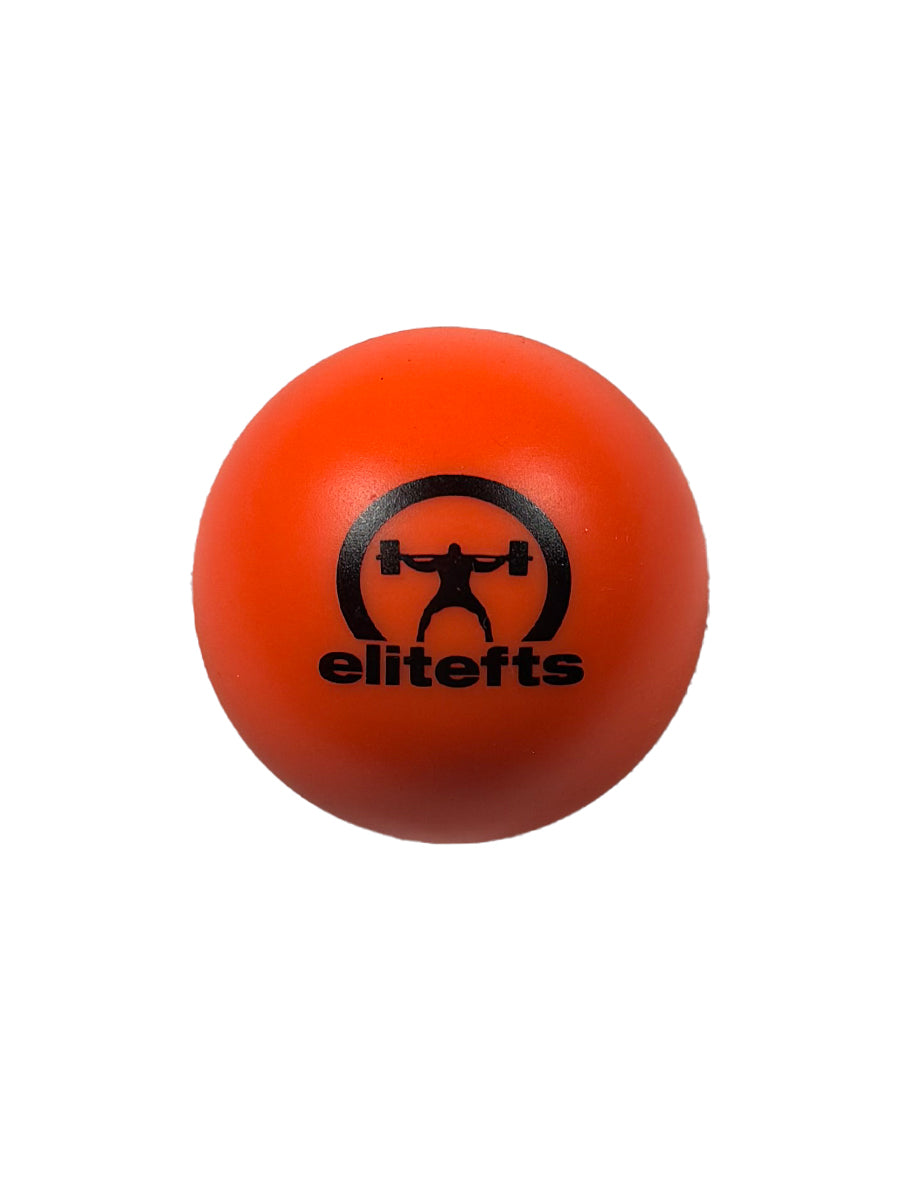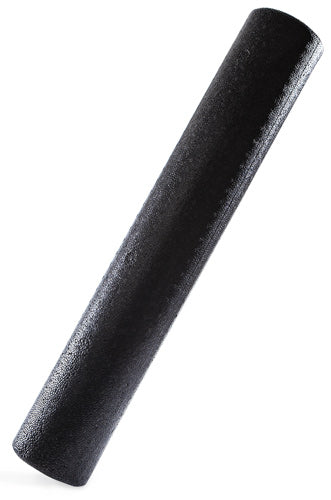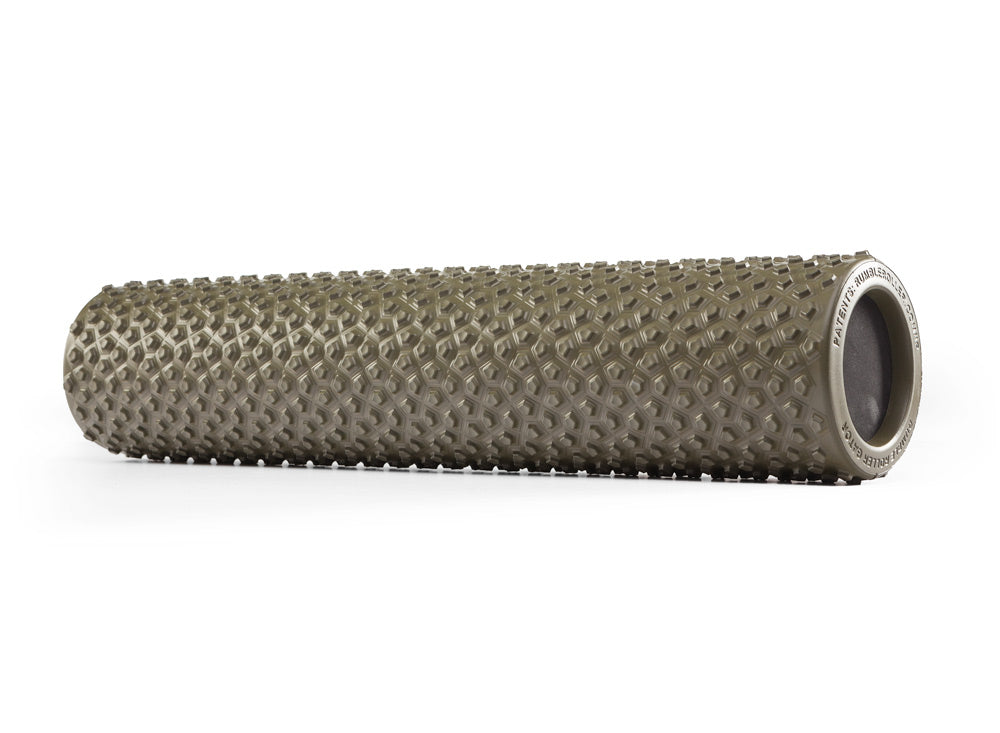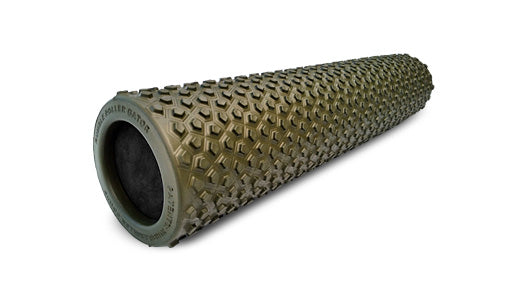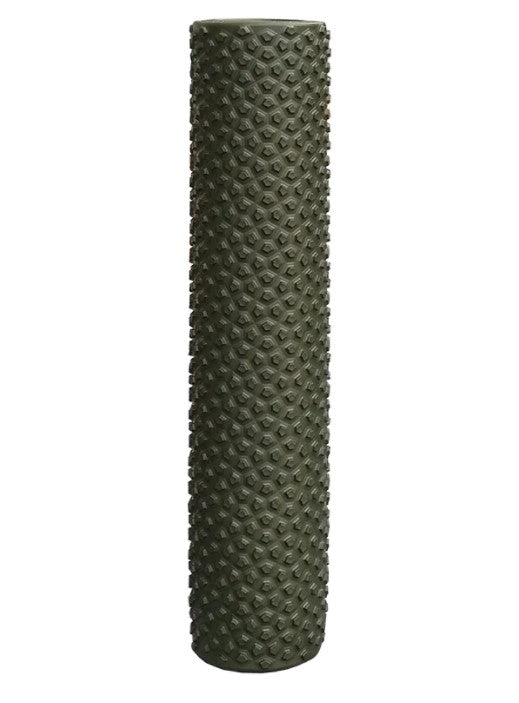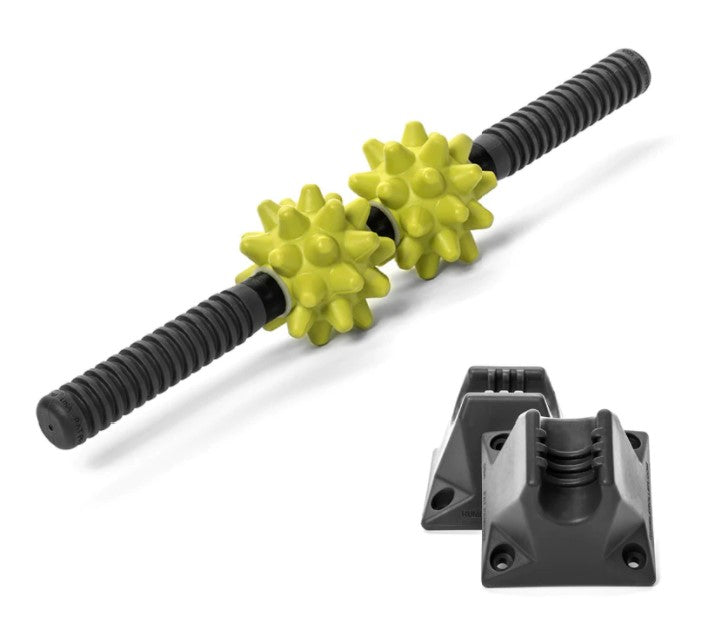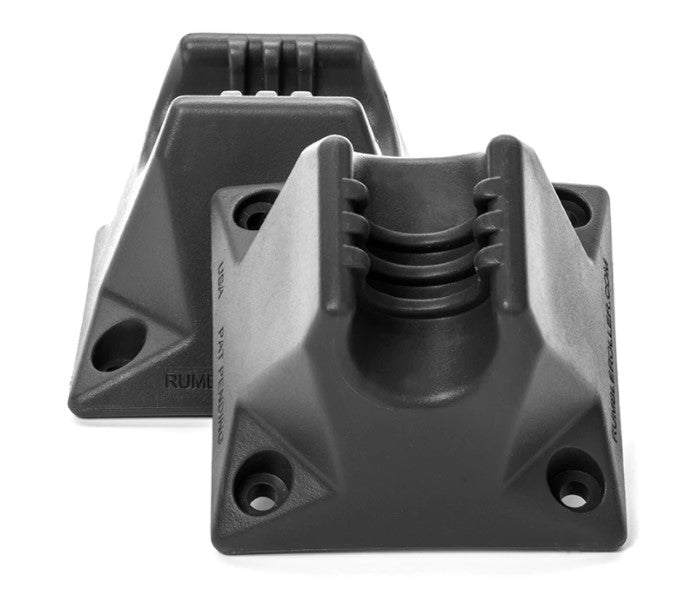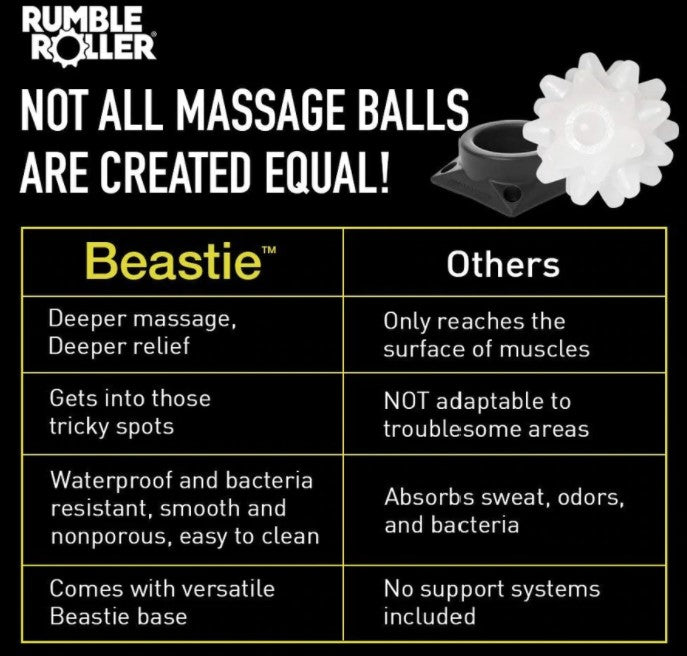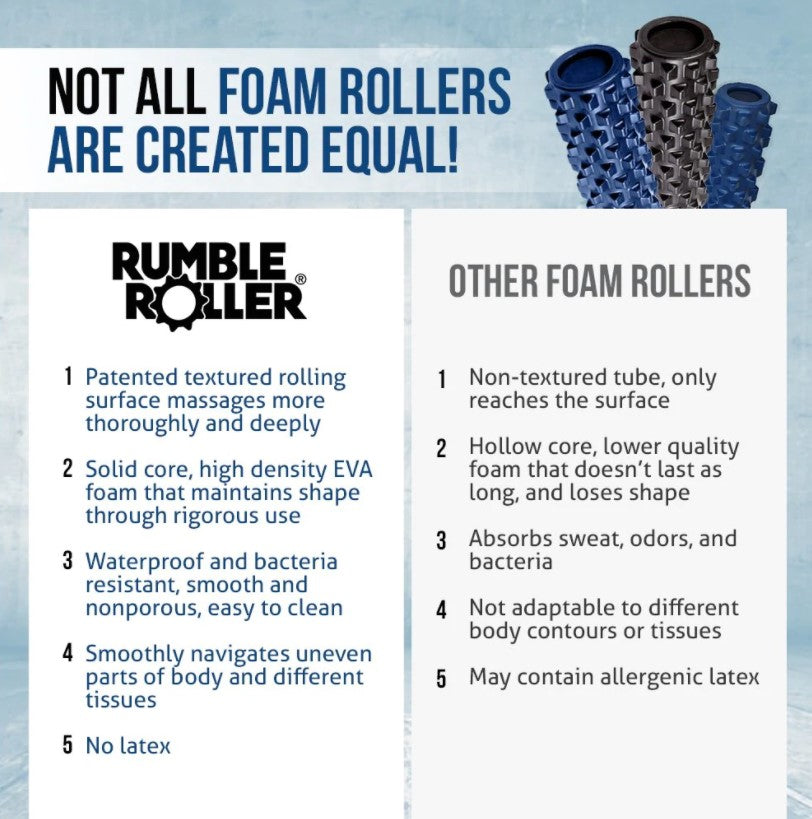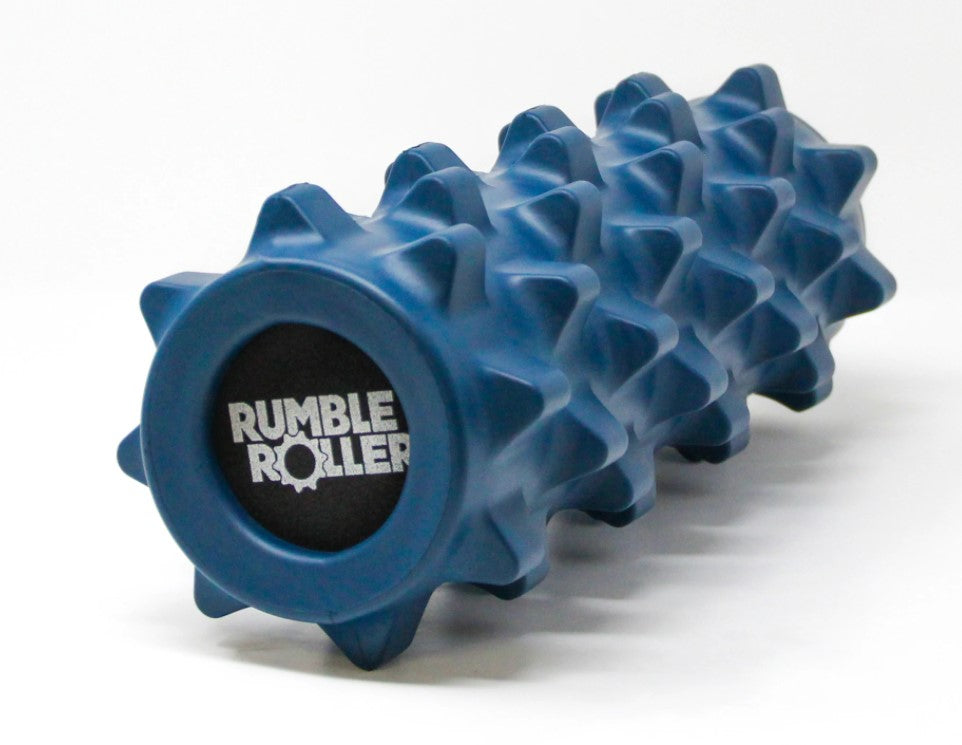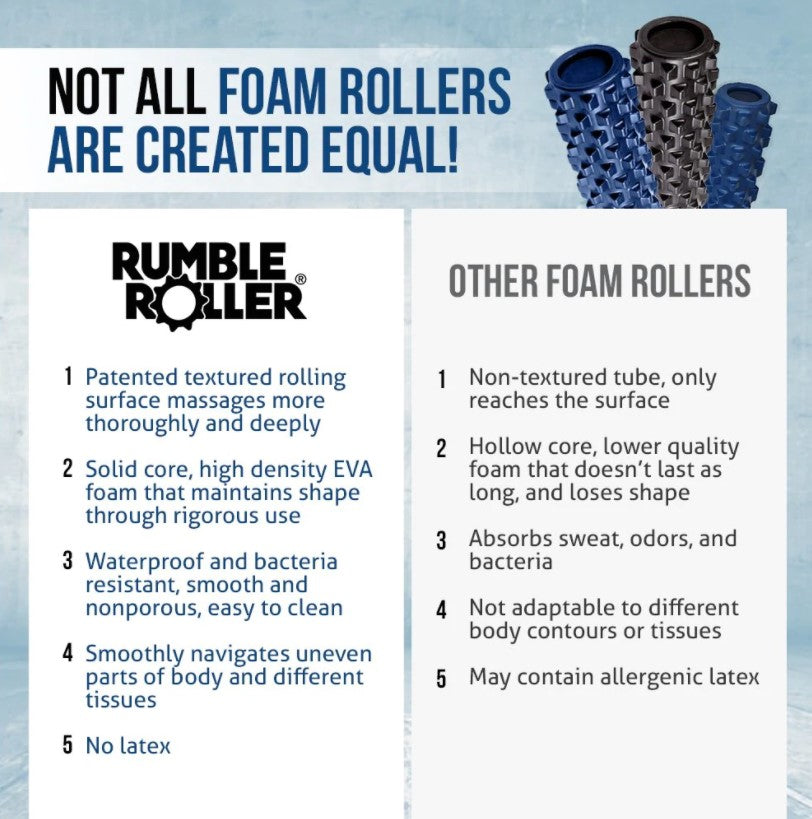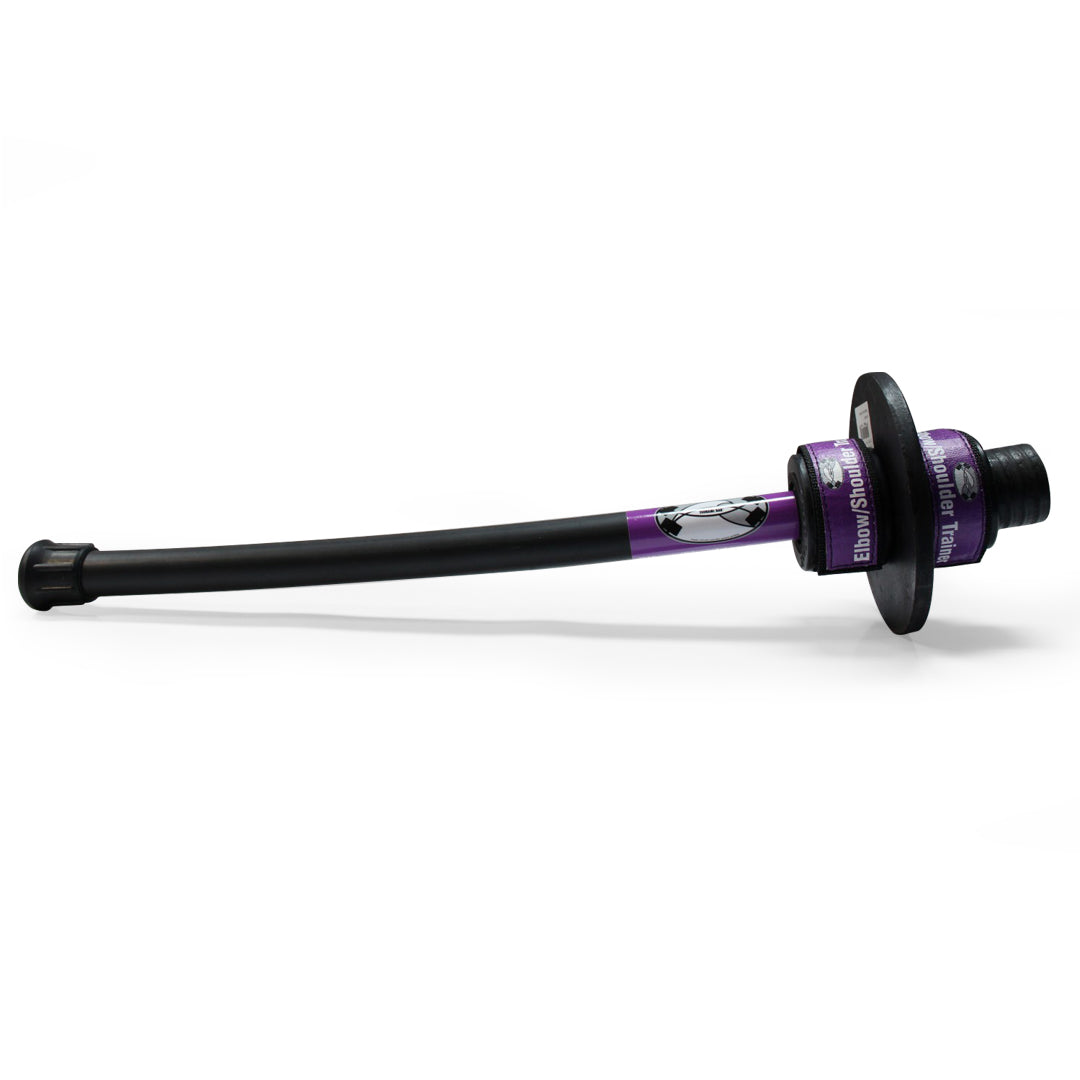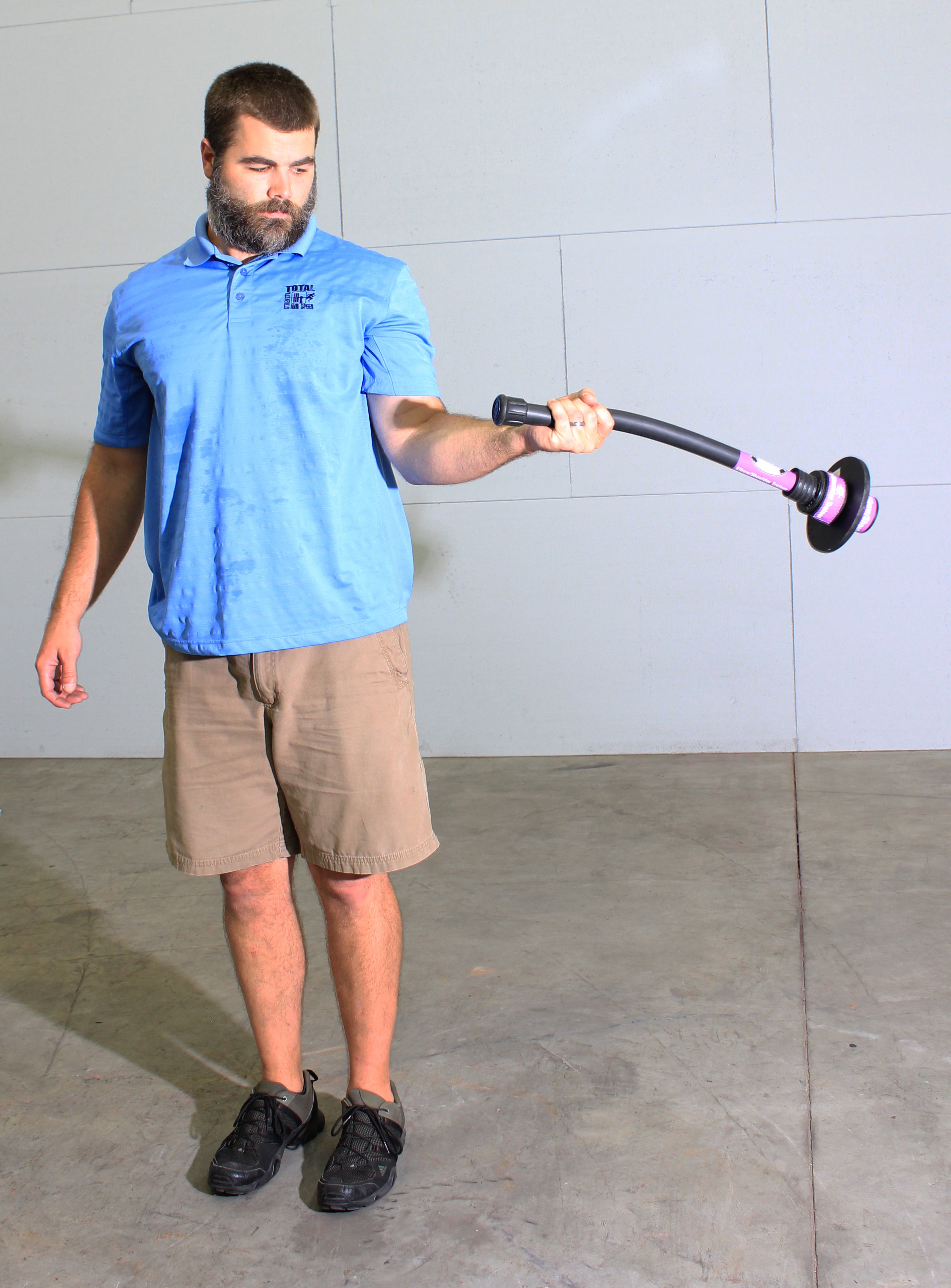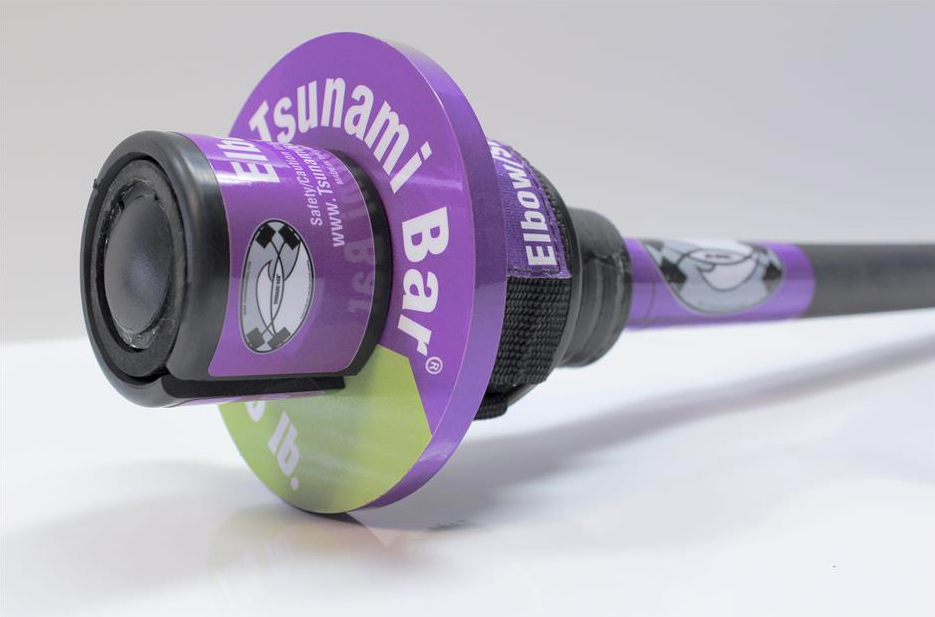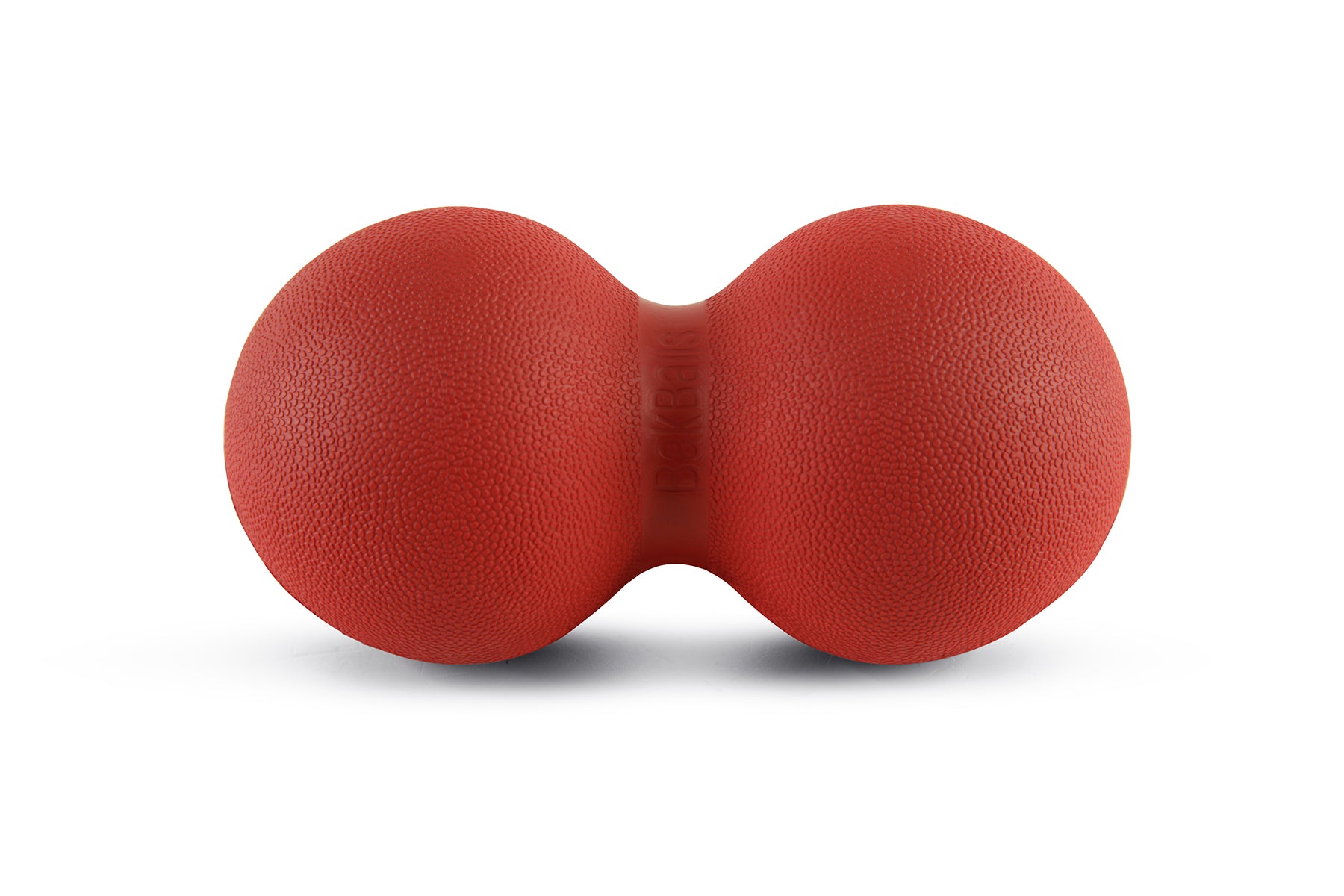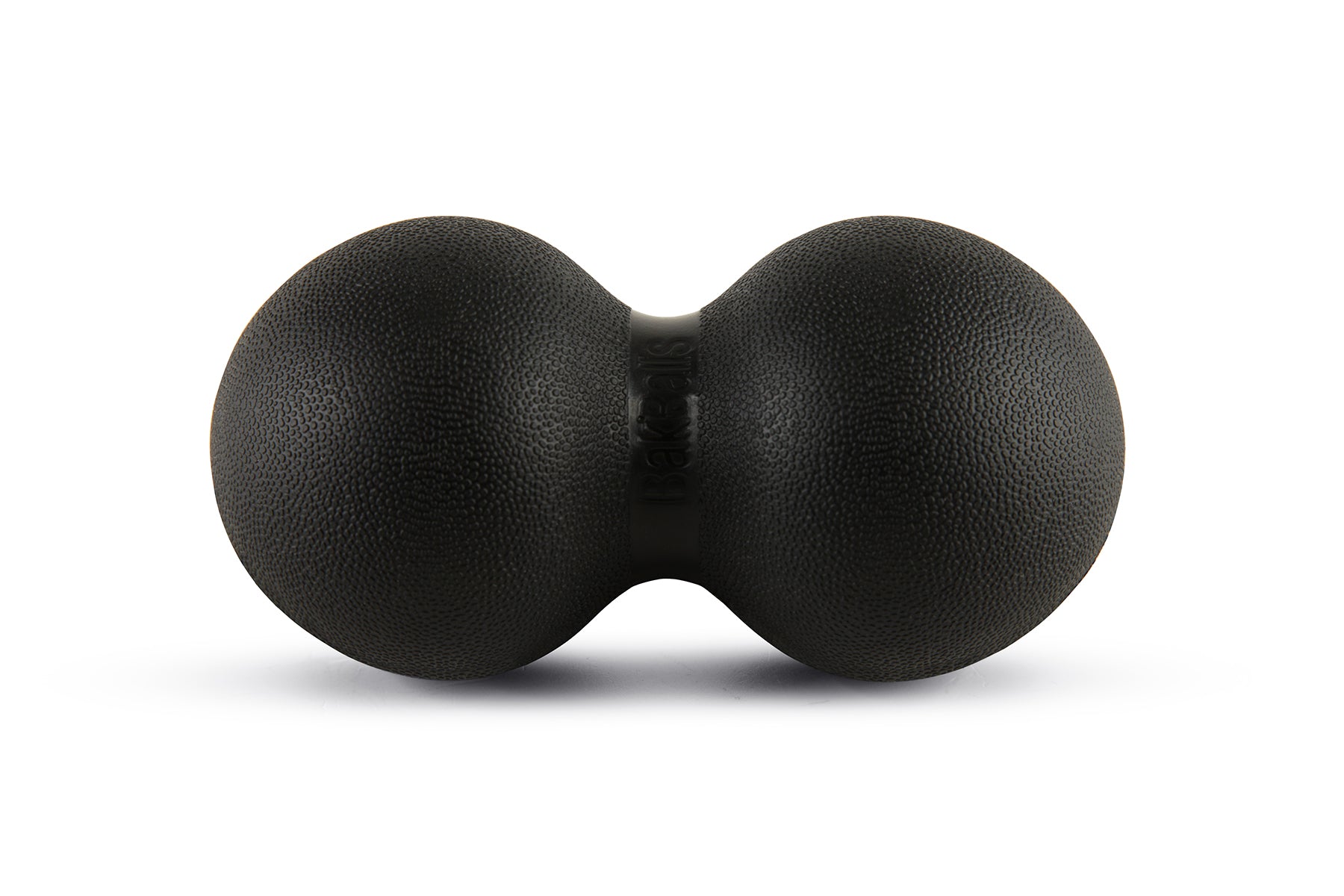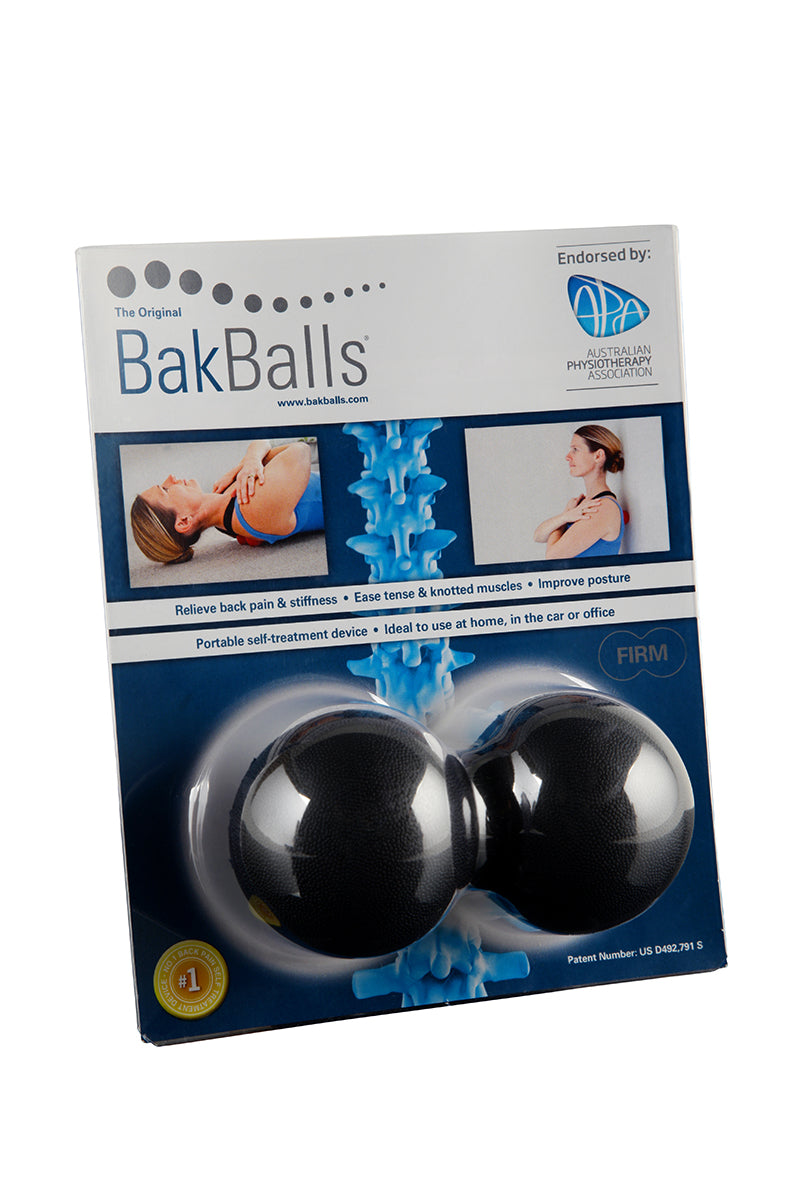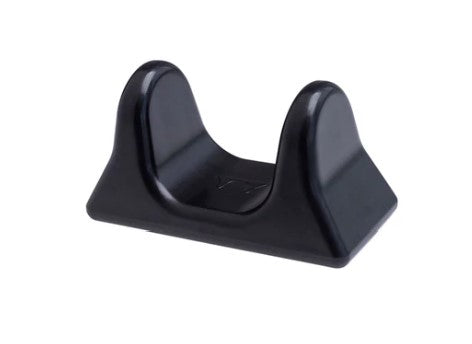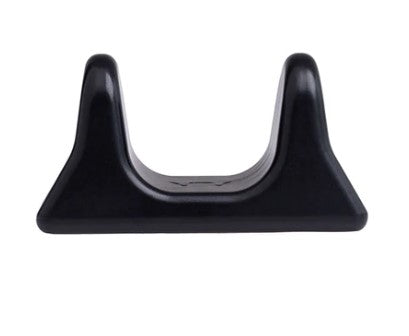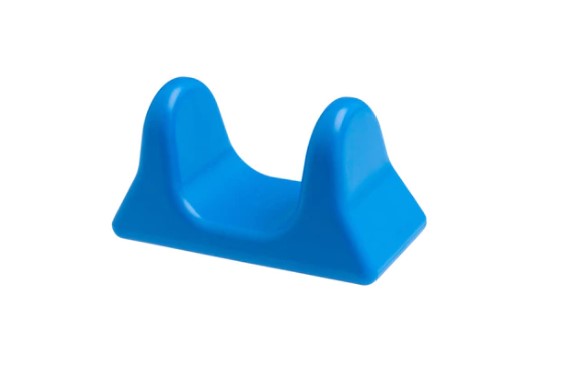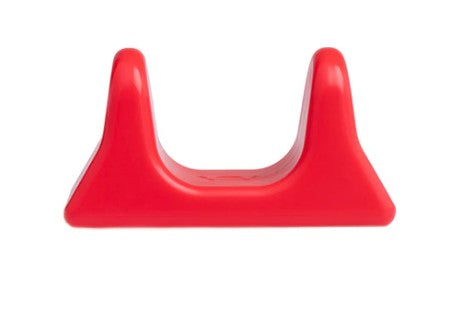The world of collegiate strength and conditioning, especially at the Division 1 level, is often considered a young man's game. There are several reasons why people move on, such as money and wanting more time for family, but many of them can be attributed to frustration and health.
Oh, here is a big little word: health, which is something that is not ever really talked about, but is a serious concern with strength coaches. We all see health from a pair of binoculars lens. We can see what we see, and we can see that well. Unfortunately, we can’t see anything else that is outside of that view of the binoculars. My wife is a birder, which essentially means walking around with a pair of binoculars around your neck, looking like an idiot trying to see some birds (but that is just my opinion. I apologize to offending the birders. You probably think lifting heavy weights are stupid). Now, the hardest thing in the world to do is find that little bird in that big field or forest with your binoculars, because your field of view is so small. There is so much that we can’t see when we look through binoculars.
Binocular View of S&C Coaches
As a strength and conditioning coach, you are supposed to model being strong and invincible. You try to work hard to gain respect of the athlete, coach hard to earn the athletes trust, and then go to know the athlete so they know you care, and will then listen to you. You are the person who the athletes look up to and want to be like. You are an epitome of strength, with no signs of weakness. You are Superman to them.Then one day, it starts to get harder to wake up early. It gets harder to go and motivate. All of a sudden, the S on your chest starts to disappear. What happens then? Stimulants, shakes, supplements, trying to take care of yourself so you can stay up. It’s like you’re a Ford Focus in Germany on the Autobahn, and rolling along as fast as you can, and the last thing you want to do is get off of the Autobahn. But sooner or later, the Ford Focus realizes it wasn’t made for that, and it breaks down.
The Breakdown
Now here is where the big picture sets in. People see this breaking down as weakness. Coaches develop chronic illnesses, weight problems, depression or many other things which sets them out of the game. What the reality is, and this may sound weird, is that these illnesses and issues aren’t the disease that ends coaching, they are the symptoms. The disease is actually simply overstress, specifically of the sympathetic nervous system.As coaches we push too hard too long trying to be everything for everyone. The thing is, we fail to step back and notice this about ourselves. But, just in case, let’s take a step back and see some of the common things that a strength coach does, and systemically what happens. Let’s take a side note here for a second (if I knew how to do this in word, I’d do it officially, but since I don’t, just deal with it). The autonomic nervous system is like a bank. There is only so much there. You can make deposits in it with rest, nutrition, massage, aerobic exercise (capacity, not power), and other recovery modalities. You can make withdrawls from it with heavy lifting, anaerobic training, lack of sleep, stimulants, fast food and other poor nutrition choices, and alcohol. Now, let’s shift gears and go back to the classic stress model presented by Selye. I stole this image from the website passthecscs.com. We can see that after a while, the same training stimulus puts us into the red. They list it as a decompensation here, but Selye originally called it exhaustion or death. When you go bankrupt from dealing with the demands of coaching, you see what happens here from the chart. The normal day to day routine, as presented by the normal training stress line, becomes too much and you have to work too hard to maintain your normal level of performance. You turn to things such as stimulants to stay up, but it really just pulls you more and more into the red zone. The great soviet lifter turned coach Vasily Alexyev was asked why he waited to become the national coach until after he was done competing. They felt he could have gotten some people to the next level with his methods earlier. His reply was essentially, “I’d either be a shitty coach and a great lifter, or a great coach and a shitty lifter. You can’t do both.”
Now, let’s take a second to look at our common stressors that we subject ourselves to and what they do to the body, or what are the withdrawls coaches make on their deposits.
- We use ourselves as a lab in the weight room. If we want to have strong athletes, we need to model ourselves as strong too. By using greater than 85% loads to get maximal strength we tax the nervous system. Also, as a result of this type of training, we often produce hydrogen ions which go into the blood, making it more acidic.
- We do anaerobic conditioning. We want to try out the workouts to make sure they’d be appropriate for the athletes. During this, we will produce hydrogen ions and lactate. Making the blood more acidic.
- We have short down times, and to eat we often turn to shakes or fast food. Shakes don’t have phytochemicals and are often missing nutrients that are required for the body to recover, which keep the body from being able to recover. Fast food is usually high in fat, salt, and sugar, which don’t metabolize very well (and also are missing the micronutrients and phytochemics) and end up producing hydrogen ions, making it more acidic.
- We don’t have enough sleep, as we have to work from early in the morning until late in the evening to take care of everyone. Cortisol increases and guess what, the blood becomes more acidic.
- As a result, of the lack of sleep, we are forced to take in stimulants to get up to coach at a high level. What are in these stimulants or the result of them? You guessed it, acids making the blood more acidic.
The father of medicine is Hippocrates, and to this day, doctors take the Hippocratic oath of “first, do no harm.” He also said, “let thy food be thy medicine and thy medicine be thy food.” Since we see that most of the things that we do to be good at our job are things that produce acid, we need to take in items that alkalize, and do things that buffer acid.
Let’s look at food first. Below is a chart of foods that range from most alkalytic to most acidotic.
We can see that much of what we consider to be good nutrition or what we often do is acidifying. All proteins contain stearic acid. The beer that you drink at night to relax and help you recover? Yep, that’s acidifying too. What we need to do is look at more fruits and veggies. Something interesting to note is that man made artificial sweeteners are more acidifying that sugar, so that diet soda that I drink to get my caffeine is actually dragging me down further than the caffeine picks me up.
We see from this chart that all of the things that we really need are the fruits and vegetables, that we already knew but it is just interesting to see it listed and affirm it. Does this mean that we need to eliminate all things acidic? No, absolutely not. But we do need to focus on the foods more to the left of the chart.
We need to make sure that we are doing aerobic work. By strengthening the aerobic energy system, you improve the body’s ability to buffer the hydrogen ions, and also to recover during other exercise in between sets. So, steady state cardio or running does still have its place, contrary to popular belief.
Supplementation can help as well. There are various alkalizing teas and even some alkalizing waters out there. Remember the soviets prescribed their athletes take mineral water to help with recovery? It has an alkalizing effect, thereby systemically improving the athletes status.
Too often we get caught up in not being able to see the forest for the trees. This is why we need to step back away from this profession a bit from time to time. Having hobbies outside of work as recreational activities (which is a different “article” I wrote), as well as friends outside of work are great. It helps you get away for a while. While being a full time strength coach, my favorite groups to hang out with, were the neuroscientists and cardiologists who hang out at McNally’s on Friday nights. Why? Because they didn’t give a shit about Mizzou football and the subject was never brought up. It allowed me to escape from work, and not think about it.
On the topic of hobbies, let's look at it as recreation in general. Recreation comes from the latin CREA which simply means to create, and RE, which means again. It means to make again. Recreation is something that should restore you. Many of us got into strength and conditioning because our hobby is what perked our interest in this and I am one and the same. My background started in powerlifting as a gateway to strength and conditioning. I loved being in the gym and left feeling physically exhausted, yet mentally stimulated. I was ready to go on and face other challenges. However, what happens when your job is your hobby? You can't use that hobby to recreate yourself, as you are spending all day doing that same activity breaking yourself down. You have to find other hobbies, outside of the area that you work in.
I know a few people who enjoy birding, as it is quiet, peaceful and they set their attention to it. I personally have turned to woodworking in the past year and am amazed at the change that it has made in me. With anything that is a hobby that recreates you for work, it should take your focus and your attention. This keeps you from thinking about work and essentially allows you to reboot. You aren't thinking about work and psychologically inducing those same feelings that were going on before, or causing fight or flight responses. This always reminds me of the book, "Why Zebra's don't get ulcers" by Robert Sapulsky.
A very brief synopsis of the book: we humans allow ourselves to think about things, and ruminate on them. The body doesn't know the mental stressor you created from the stressor you will encounter, and you basically spend a lot of time in fight or flight. Animals, on the other hand, don't have this capability and when the stressor is gone, they relax. When our stressor is gone, we can either relax or take it with us.
With these hobbies, allow them to bring you to friends outside of your coaching environment. While it is great to be on a staff where everyone likes each other, it is also great to get outside of those people. Being around those people will inevitably lead to conversations about work, and allowing you to return yourself to those same mental stressors. Think about this for a second: how many times have you gotten yourself worked up just talking about or hearing about what someone did or said? This vicious cycle keeps you from recreating yourself. If you have friends outside of the job though, your conversations will most likely turn to other common interests: your hobbies, family things, other sporting things, food. What will it not come to: your day-to-day job activities. This is another means to allow you to shift out of work mode and allow yourself to actually recreate for work.
My good friend Brett Bartholomew of EXOS fame and I were talking recently, and he said something that really hit home. He said, "The first in:last out mentality should be replaced with work smart and then get out." This makes me think about something Dr. Rick McGuire, author of several books including "Coaching Mental Excellence," and "From the Whistle to the Snap," once said in class. "Do you know what happens to the person who always has their nose to the grindstone? They end up with a flat nose." What he meant by this was you need to get away, to step back and do other things. You need to sharpen the saw to that when you need to use your skill set again it's sharp and fresh. The first in:last out mentality has lead to a plethora of Facebook and Twitter usage. Instead of utilizing their time to the fullest, they need to be the last one out. They eventually blow through all of their mental capacity and aren't able to create, comprehend, or retain, so they end up doing something mindless. I like Epic Fail videos as much as the next guy, but I know when I notice myself watching a few too many of those, that it's time to get out of the office.
Alexander the Great is someone many coaches have drawn to for inspiration. I often think about how the man lead and knew he needed to be an inspiration for his men if they were to complete his goal. One time the men were marching through the desert and were out of water. Alexander's scouts had been looking for water, and brought back enough to barely fill the bottom of the helmet they carried it in. He looked at the water, turned the helmet over and poured the water onto the hot sand and said, "If there is not enough water for my men to drink, I shall not drink either." He had put his men in front of his own personal needs and did this in a very public display to inspire his men. Unfortunately, Alexander's drive is also what led to his demise. His downfall was the constant need to conquer, even though it had lost its' point. He and his men suffered from fatigue from going too hard, too long, and this is what led to their defeat rather than to another army. His doctor, Herophilus, may well have predicted this, as he said, "When health is absent, wisdom cannot reveal itself, art cannot manifest, strength cannot fight, wealth becomes useless, and intelligence cannot be applied." It is funny to me how people do not change. I am not sure when he said this exactly, but he died in in 280B.C.E., and it is advice that I know I have to take heart. I run myself ragged until I can not think, nor train, nor teach. I know so many other coaches that do this as well. On the bright side, Alexander the Great did this, and his accomplishments were legendary. On the darker side, Alexander the Great did this, and it is what caused his demise.
Stephen Covey, whom I reference all too often, gave a great example in his book The Seven Habits of Highly Effective People. He talked about how he loved writing on a typewriter, as he just loved the feel of the keys and the sound that the typewriter made as he stroked the keys. Well, at the end of each page, you have to take it out, and place it in order. It's not like our word processors and computers, you actually had to put it in order and keep it somewhere safe, you couldn't just print it out again. He had a beach house, and he wanted to get away from everyone for a few days and try to finish a book he was working on. He enjoyed the smell of the salt air, and it happened to be a gorgeous day, so he worked with the windows open. Along came a strong wind while he was typing and started to blow his finished pages around the room. He frantically got up and tried to chase each individual sheet down and place it in order. The wind though, was too fast and too strong, 3 sheets were flying off in the time it took him to pick up one. He was struggling until he realized that this would all be over if he just simply took a few seconds and closed the window. He might not be making any progress in the time it took to close that window, but once it was closed the problem was solved and he could truly make an impact on that solution.
I know that there have been many times over the course of my career that I feel like I need to push through this to write a program or to fix a problem. I needed to just drive through reading this book. I needed to continue working on this project and get it done, and just grind through it. I didn't have time to take a nap, or relax, or do hobbies. How could I possibly be soft like this? I had limited enough time as it was; I couldn't waste my time on something else. When I got like this, over time I realized what I was really doing. I was chasing papers being blown around by the wind, when what I really needed to do was to go over and close the window. By stepping away, I could allow my mind to clear and gain fresh perspective. I could see the issues for what they were. I could see crystal clear solutions where there was only fog before. I sharpened the saw.
Something else that we often don't tend to take into account is that serotonin, the feel good substance in the brain, is produced when we sleep. If we go into a long term sleep deficit, we often blow through all of our serotonin, and since there wasn't enough time to make any more, you are simply out of it. Then this leads to depression and other mental issues. Make sure you are prioritizing sleep. A lot of strength coaches these days are huge into recovery and try to do all of the little tricks to keep themselves recovered and to take care of themselves. They are using the latest supplement, or playing around with lots of recovery means like saunas, massage, normatecs, foam rolling, yoga, etc. However, they aren't sleeping. Since they aren't sleeping, they're losing out on their serotonin, and then one day they aren't feeling so well anymore. Too many coaches are looking for the magic recovery pill; they fail to realize that they already have it in their pillow. You can't out recover a lack of sleep. Sleep is what the body has to do to recover. If you don't have enough sleep, you don't have enough recovery.
So a lot of this article may sound like it's telling you to be lazy and soft. This is absolutely not the case. So far from it, in fact. What I am suggesting you do is to work efficiently and to take care of yourself. Maximize your time while you are at work. In between groups read articles, and books. Return emails when you can. Listen to podcasts or YouTube lectures during mundane activities like cardio and dog walking. Make sure your workouts are efficient. You don't need to be training for three hours a day when a half hour will take care of it.
Here are some signs to look for to know when you’ve gone too far:
- What was easy and routine is now something you are having trouble doing.
- You are making mistakes that are simple that you normally wouldn’t make
- You have no attention span or ability to focus.
- You get agitated much more easily.
- You don’t enjoy things that you used to.
- You find yourself becoming more reclusive (especially for extroverts).
- You find yourself wanting to consume more alcohol.
- You can’t wake up.
- You don’t feel like training.
- Overall feelings of apathy.
- Loss of sex drive.
Realize that this is not an excuse to not work hard. Far from it. You still need to work hard, to get the athletes better, to grind and prove yourself. However, you need to realize that these things are systemic. Working out, not sleeping, school, family, relationships, all tax you. Sometimes you need to cut back on everything else, and prioritize your time. Realize that you aren’t different from everyone else; you are just another human susceptible to breakdown. When the older coaches say, “You dumbass, get out of here and rest,” they are saying it for a reason. Because you will break down. You aren’t eighteen anymore. You aren’t invincible. You will need to get off of the autobahn.
Getting ill isn’t the enemy, it’s not seeing the signs. Depression isn't weakness, it's what happens when you've been strong for way too long. Why didn’t I use a bottom line up front or BLUF communication for this? Could this have not been said in 200 words? Possibly, but I went for over 3,000 words because I feel that it’s that important and I’m passionate about it. I have driven myself into the ground, I have gotten chronic illness from this not paying attention to the signs. Get out of the forest, look around, and make sure you see the exit sign before it’s too late.
If you want to have stronger athletes, and be stronger yourself, you have to become stronger of mind. Sometimes being stronger means knowing when to get off the Autobahn and refuel and repair before you get back on.












